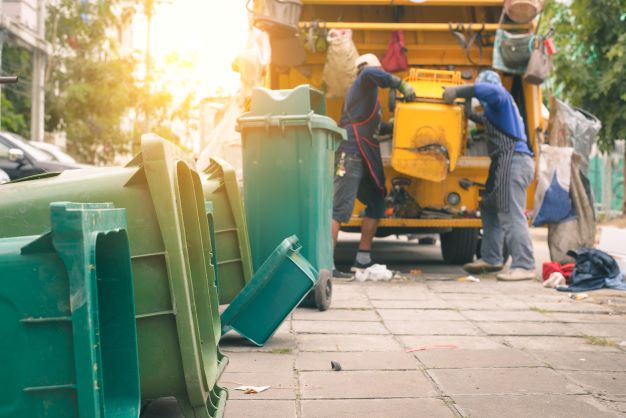It is essential for everyone to know that they are dumping waste as cheaply, efficiently and sustainably as possible. We all create rubbish, be it jus
It is essential for everyone to know that they are dumping waste as cheaply, efficiently and sustainably as possible. We all create rubbish, be it just a few small items or lots of trash a week. Printing, consuming household items, packaging brought from food, packaging from deliveries, food production and construction works can all constitute waste that must be disposed of by us.
When it comes to saving money on waste, we can not help in the way of packing the items we consume. Rising landfill tax costs also mean that rubbish removal will remain expensive. But there are two simple ways to ensure a garbage dump neither cheaply nor possible.
To save money on your waste disposal costs, your waste should take up as little space as possible and recycle as much of it as possible using furniture removal companies where possible.
How to minimise waste costs
Minimizing the cost of waste disposal means that your waste takes up as little space as possible. For the waste that comes from businesses allergens and compactors are the best way to get rid of them. You can pre-separate the waste into recyclable or not understand more or less what kind of waste you will throw away. As mentioned above, if you have as much recyclable waste as possible the cost will be lower.
Large waste
If you are a business and produce a lot of waste you can use statistical waste compactors. These are efficient machines and provide capacity for a large amount of waste. After all, it makes little sense to save money through recycling at the cost of productivity. Static compactors reduce the size, space and number of waste collections required.
Food waste, liquids and materials that have been in contact with food
Wet and smelly debris can be compacted. Liquid waste has the risk of leakage and this attracts various parasites. Wet waste compactors guarantee water tightness and ensure that food-related waste is compacted without liquid and odour. This is an economical and risk-free opportunity for food waste disposal.



















































































































COMMENTS